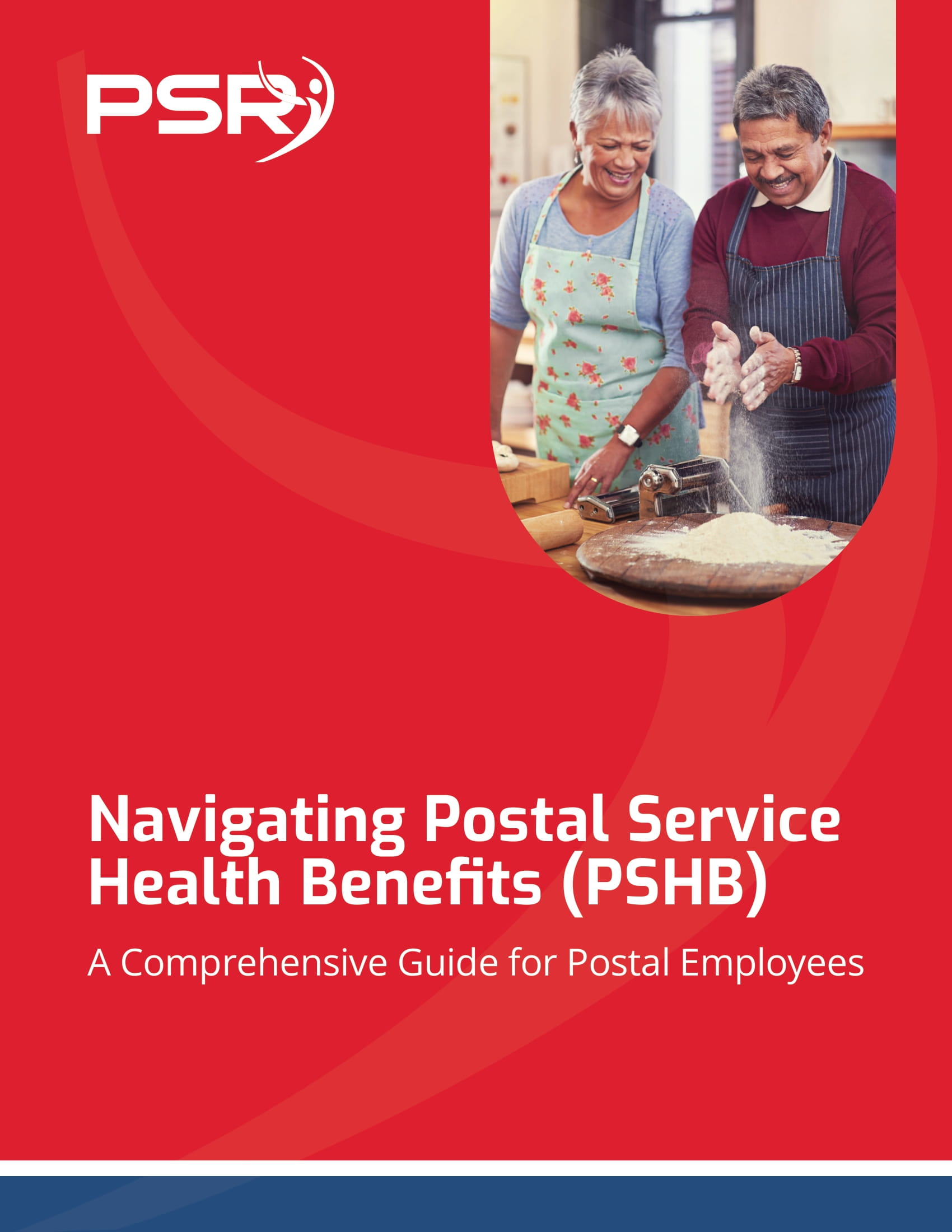[vc_row][vc_column width=”2/3″ el_class=”section section1″][vc_column_text]When it comes to financial planning, federal employees often neglect estate planning. Regrettably, you’ll hear the quip that estate planning “is for the rich!” Most feds believe that only the affluent and millionaires need financial planning. Some assume that estate planning entails complex legal processes and specialist estate attorneys.
Though this might be true depending on the size of your estate or family, adequate preparation can simplify the estate planning process. For a fact, a grasp of estate planning is necessary for determining what documentation you require. Certainly, you don’t want to burden your family with estate planning after you are gone. What’s more, we all desire to have our wishes respected when we pass away.
So, read on to find what estate planning documents you need.
The Last Will
- Also Read: Divorce and Your Federal Pension—What Happens When You Split Assets and How It Could Affect Your TSP
- Also Read: What Happens to Your Federal Benefits After Divorce? Here’s the Lowdown
- Also Read: The Best FEHB Plans for 2025: Which One Fits Your Lifestyle and Budget the Best?
Also, you can use a will to make your wishes regarding how to take care of your children known after you pass away. Through a will, you can appoint a guardian to manage your assets on behalf of any underage children. You can designate a caretaker, a family member, or a trustworthy friend.
However, you should keep it in mind that your beneficiaries enjoy precedence over other declarations in your will. And lastly, a written will won’t prevent an estate from going probate. But what is probate? It is a process in which the judge reads, interprets a will, and decides how to divide your estate. Typically, this information is accessible publicly. Depending on the size of your estate, the process can be expensive, lengthy, and complex.[/vc_column_text][vc_column_text]The TSP, or Thrift Savings Plan, is a tax-advantaged retirement account offered exclusively to federal, postal, and military employees that operates similarly to private market 401(k)s, mostly in offering the option to save for retirement with TSP matching contributions you make. There are many ways that your Thrift Savings Plan can be unique to you: you can choose to put your money in your account pre-tax or pay the full income tax up front, you can choose which markets your money gets invested in, and more.[/vc_column_text][vc_column_text]Living Trust
Unlike a will, a living trust isn’t public. But why is it “living”? It is because a living trust is created while you are still alive. In it, you transfer ownership of your assets to a trust. But while you’re living, you have control over assets in the trust. Even so, you don’t own these assets. Instead, the trust is the owner. Upon your demise, the trust transfers these assets to your beneficiaries.
A trust protects your assets from creditors. However, this is dependent on the type of trust you select. Preferably, most of your assets should be transferred into a trust while you’re alive. A trust has various tax exemptions and liabilities. For this reason, you should learn more about its implications as well as seek the guidance of an estate planning attorney.
Healthcare Power of Attorney
In case you become incapacitated, you can confer a power of attorney on an appointee. In essence, you appointee has the ability to make health care decisions on your behalf. Nonetheless, you should ensure that this individual shares your vision and thinking.
Note that a living will don’t include a testament or last will. Simply, it’s a legal document that outlines how others make deathbed decisions on your behalf. For instance, where there is no hope of recovery, it may detail how to affect any life-prolonging procedures. Perhaps, you could use this document to detail how you want deathbed decisions handled rather than creating a living will.
Financial Power of Attorney
Through this document, you can appoint an attorney to act on your behalf in case you’re incapacitated. For instance, military members in active duty, busy executives, or celebrities can vest the financial power of attorney on someone else to take care of their financial obligations while they’re unavailable. Also, you can use this document to handle the financial responsibilities in the event you’re incapacitated or mentally incapable of making decisions.
With this document, your appointee can enter into transactions such as real estate and other financial decisions. Every state has different estate planning laws. Therefore, you should consider the implications of these laws on property in multiple states.
Possibly you could collect these documents online where your situation is simple. But if you have multiple assets, a professional estate planning attorney is preferable.[/vc_column_text][/vc_column][vc_column width=”1/3″][vc_single_image image=”34326″ img_size=”292×285″ style=”vc_box_shadow”][/vc_column][/vc_row][vc_row][vc_column width=”2/3″ el_class=”section section1″][vc_column_text]Linda Jensen is the principal and owner of Asset Care & Preservation Services with offices in Olympia, WA. Linda began her career with Prudential Preferred in 1994 where she was an agency leader. She earned the credentials of a financial planner and has been in practice as an investment and insurance professional since that time. Linda started her own company in 1997.
Articles from Linda Jensen:
Linda Jensen | How to make the most out of your TSP Plan
Linda Jensen | Top Four Tips for IUL Shopping[/vc_column_text][/vc_column][vc_column width=”1/3″][vc_single_image image=”28249″ img_size=”292×285″ style=”vc_box_shadow”][/vc_column][/vc_row]











